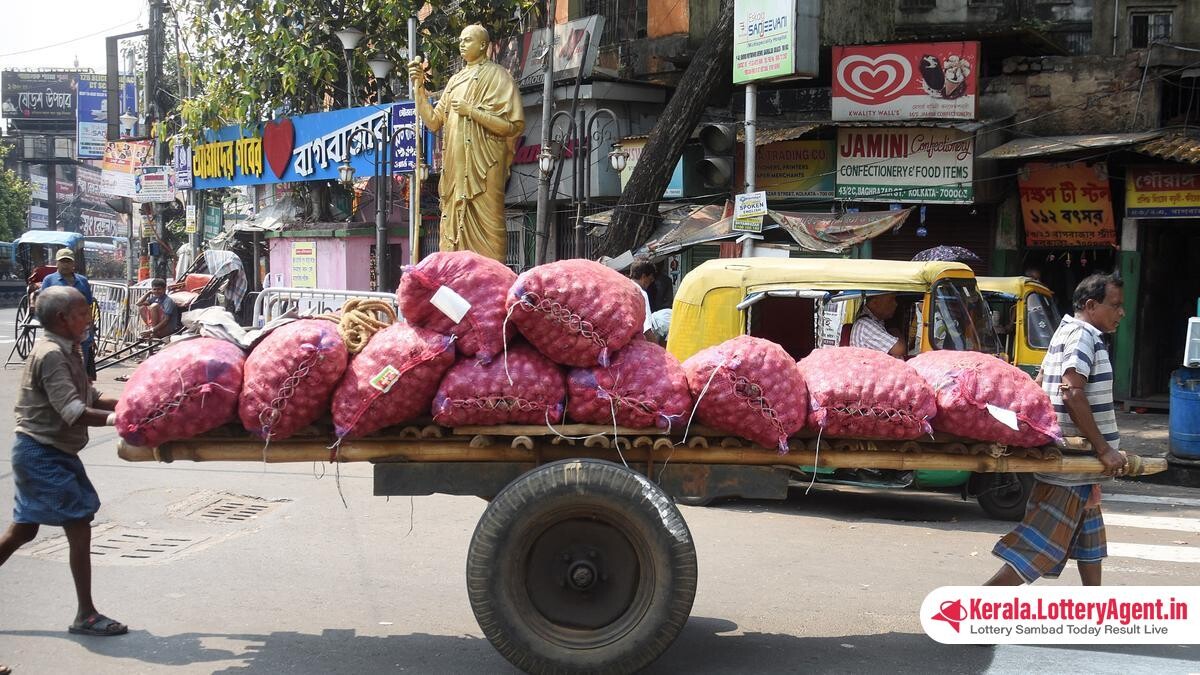
Amidst an ongoing ban on onion exports, India’s Centre announced on April 27 that it has permitted the export of 99,500 tonnes of onions to six neighboring countries. This exemption from the ban is primarily aimed at catering to immediate needs in Bangladesh, the United Arab Emirates, Bhutan, Bahrain, Mauritius, and Sri Lanka. Additionally, the government has sanctioned the export of 2,000 tonnes of a particular variety of white onion that is specifically cultured for markets in the Middle East and some European countries.
This move from the Centre comes despite the export ban implemented on December 8, 2023, as a measure to ensure domestic availability. The restriction was a response to projected lower harvests for both Kharif and Rabi seasons in the agricultural year 2023-24, corresponding with increased international demand. The decision underlines the precarious balance the government is attempting to maintain between safeguarding domestic supply and fulfilling international obligations.
The task of sourcing these onions has been entrusted to the National Cooperative Exports Limited (NCEL), which utilizes an e-platform to procure domestic onions at L1 prices. The process is precise; NCEL supplies the onions to entities nominated by the importing countries, engaging in transactions that are secured by 100 percent advance payments. The negotiated prices take into account various factors including ongoing rates in international as well as domestic markets.
Maharashtra, regarded as the largest producer of onions in the country, has been highlighted as the primary source of the onions NCEL is exporting. The white onions, on the other hand, are costlier due to the heightened investment in their cultivation, including superior seed quality, adherence to good agricultural practices, and strict regulation of residue limits to meet the stringent standards demanded by the target export markets.
In light of the current situation, the Ministry of Consumer Affairs, Food & Public Distribution has set an ambitious target to amass a buffer stock of 500,000 tonnes of onions through the Price Stabilisation Fund (PSF). Central agencies like the National Cooperative Consumers’ Federation of India (NCCF) and the National Agricultural Cooperative Marketing Federation of India (NAFED) are engaging with local bodies — like Farmers’ Produce Organisations (FPOs), Farmer Producer Companies (FPCs), and Primary Agricultural Credit Societies (PACs) — to expedite the procurement process, ensure secure storage, and facilitate farmer registration.
In a proactive measure to inform and engage the farming community, high-level teams from the Department of Consumer Affairs, NCCF, and NAFED visited key onion-producing districts in Maharashtra, including Nashik and Ahmednagar, during April 11-13, 2024. The intention was to create awareness among farmers and related organizations about the plans to procure onions for the buffer stock.
Taking a lesson from the past, efforts are being made to limit the loss of onions during storage. Compared to the previous year, where only 1,200 tonnes of onions underwent storage treatment, the target has risen to more than 5,000 tonnes. These efforts, backed by technical assistance from the Bhabha Atomic Research Centre (BARC) in Mumbai, include irradiation and cold storage – techniques proven to cut down storage losses to less than 10 percent.
The circumstances leading to these measures were part of a dramatic drop as revealed by the Union Agriculture Ministry data. Onion production for the fiscal year 2023-24 is estimated at approximately 254.73 lakh tonnes, sharply down from the 302.08 lakh tonnes produced last year. This decrease is reportedly due to significant reductions in output from major contributing states such as Maharashtra, Karnataka, Andhra Pradesh, and Rajasthan.
India’s dynamic approach in handling its onion exports reflects the delicate balance of maintaining domestic economic stability and honoring international trade commitments. It also underscores the importance of agriculture not just as a means of sustaining its substantial population but as a significant contributor to international relationships and trade diplomacy.












